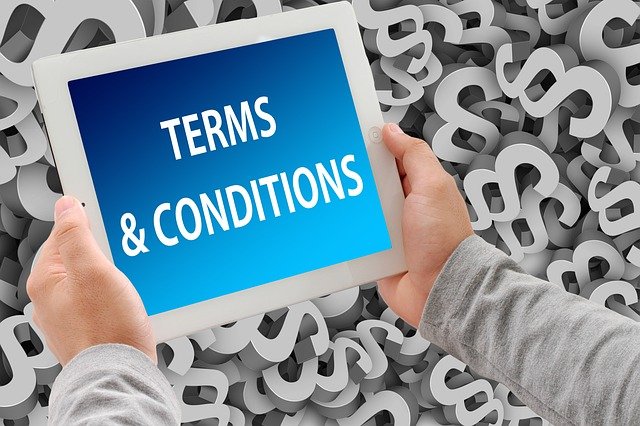Over the past several months, I’ve read an enormous number of essays written by non-native English speakers, and in addition to the expected difficulties, I’ve noticed a handful of recurring issues that rarely get addressed — I suspect because most native English speakers don’t realize that the particular concepts in question can get confused in those particular ways.
One of the most common of these issues is the confusion between the simple present and the conditional, and more specifically between can and could.
Errors involving these forms are often fairly subtle; they’re not absolutely wrong in the same black-and-white way as errors involving, say, confusion between the present perfect and the simple past (e.g., I have graduated from university last year rather than I graduated from university last year), and I think that’s also why they tend to get missed. Using could correctly is often more about implication and context than adhering to a clear-cut rule, which is why even very advanced speakers may still struggle with it.
To be sure, there is a more formulaic usage: “if” clause is in the past, then the conditional must be used in the main clause (e.g., If I left home 15 minutes earlier, I could get to class on time). But when there isn’t an “if” clause to serve as a clear indicator that the conditional is required, things sometimes get a bit muddled.
I recently came across a perfect example of a not-quite-correctly-used could on an Internet forum, and I’m going to use it to illustrate my point. In a discussion about a restaurant, a person who generally has excellent English wrote a sentence similar to the following
Three-star restaurants don’t normally serve just pasta with sauce. La Pergola is a three-stars (sic) Michelin restaurant in Rome, and there you could eat dishes like battered squash blossoms over shellfish and saffron with caviar.
The use of the conditional here isn’t a gross error, but it is “off”. The rest of the sentence is written with simple-present verbs (don’t, serve, is), and the shift to the conditional disrupts that consistency (parallel structure) unnecessarily.
Presumably, the writer assumed that the conditional was needed because she was describing something the reader was not actually doing, and the sentence contained an element of suggestion. The issue, however, is that a real situation is being described: the dish in question is actually on the restaurant’s menu, and it is possible for a diner to order it. As a result, the simple present is more appropriate, particularly in context of the surrounding verbs.
The conditional, on the other hand, is used only when there is a “but”, either stated or implied: it is used to an signal that an action/situation might not happen, or (very often) that it probably won’t happen. Either way, the emphasis is on the theoretical aspect.
I could buy a new iPhone phone now, but I’d really rather wait until the next version is released in a few months. (= I probably won’t buy the phone now)
There are several major steps that local governments could take to reduce car usage among commuters. For example, they could encourage the establishment of new bus routes in poorly served areas; they could also fund the construction of additional subway lines. (= This is theoretical discussion; the writer is clearly making suggestions)
So, to sum up:
Can = real situation; something that currently exists or is doable
Could = suggestion, theoretical situation (one that might not/probably won’t occur)
